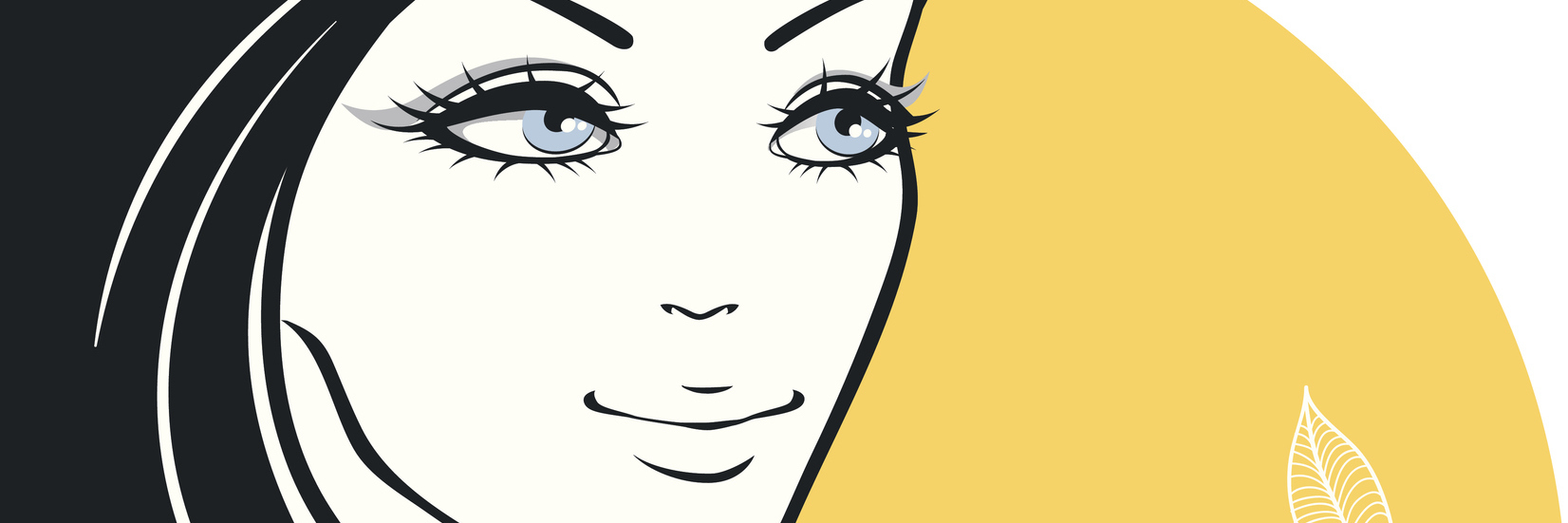I had just turned 21 when I started calling myself disabled.
• What is Ehlers-Danlos Syndrome?
• What Are Common Ehlers-Danlos Syndrome Symptoms?
It wasn’t that the word hadn’t described me for years. I’d been living with chronic pain and other symptoms caused by Ehlers-Danlos syndrome and other fun co-morbidities all my life. When my friends were joining soccer teams and playing girls’ softball, I was tearing up as I walked from one end of the playground to the other. When we were memorizing our times tables, I learned how to hide two things: 1) I’m very, very bad at math; 2) I was in so much pain that sometimes it hurt to breathe.
My symptoms got worse as I hit high school, and so did my avoidance of the word “disabled.” It might as well have been a bad word — the kids in special education classes were “special” or “differently abled;” my brother was just “autistic;” Lance Armstrong was “inspirational.” At worst, I had “health problems.” I believed a disability would mean that I couldn’t. I was an AP student, a dedicated actress, and a daily babysitter, and I believed if I started calling myself disabled, it would take those things away from me. I couldn’t do what I had always done.
But if you’re reading this, you know as well as I do now that that’s not true. I was disabled. I just didn’t know it was my word. I didn’t know it was my community. When I embraced my identity, my diagnoses, myself, I grew into the adult I had always wanted to be.
My identity taught me that I could.
I could become a leader. I could fight for accessibility. I could support my community. I could become an activist. I’m disabled, and it is my identity and my community that give me my strength.
I could, I can, and I do.
Thinkstock image by BerSonnE.

